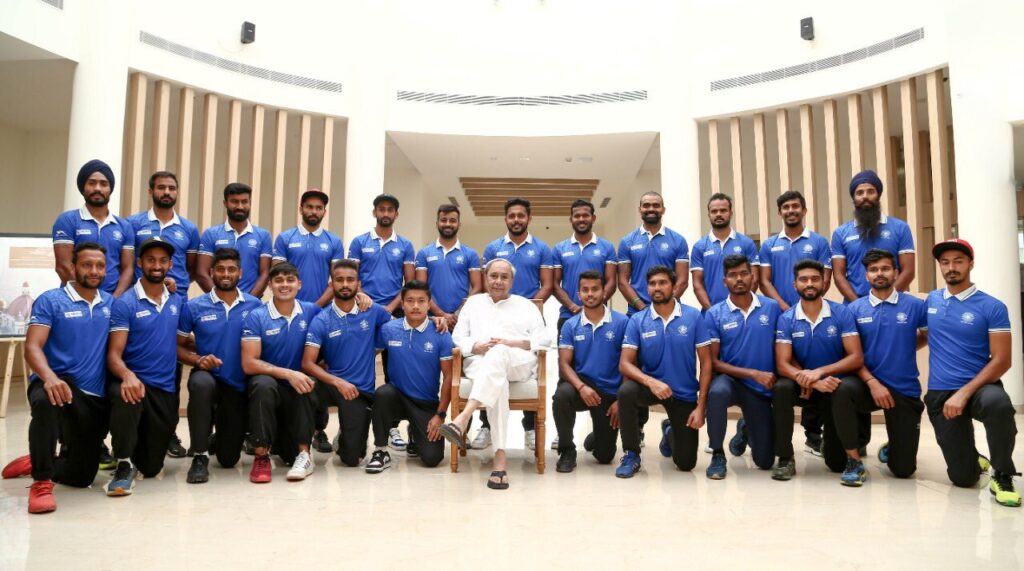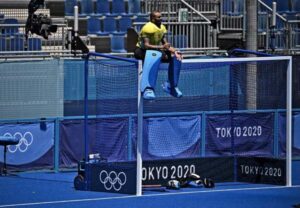
– Boria Majumdar
It was early into the second quarter of the bronze medal encounter against Germany and the pressure on the Indian defence was relentless. And soon enough the Germans had taken the lead scoring their second goal of the match in the 24th minute.
Even before the German bench had stopped celebrating the second strike did they score a third. India was 1-3 down and things were fast going away from them. Yet again the spectre of underachievement was starting to loom large. The dream was turning sour and the agonising wait of 41 years was all set to turn longer. We were all in disbelief. In fact, none of us were even cheering the boys for a minute or so. That’s when it happened.
Rupinder Pal Singh and Manpreet Singh the captain literally waved at the entire team to come together in the Indian half. It was an impromptu huddle. Rupinder with his towering presence walked up to the center line and called everyone in. It was as if the two generals were ordering their troops to assemble. A quick ten second meeting overseen by the coach Graham Reid from the sidelines and the Indians had taken position again. In a conversation with us after the game Reid had given us the details of what was discussed. But that’s for later. What we did see from the stands was the players take position for what was the most important thirty minutes of their lives. Clearly things had changed. India was no longer the team defending. Something had happened and what we were seeing unfold was the most dramatic eight minutes of hockey we have witnessed. In eight minutes the Indians had scored four goals.
Against a team as good as Germany and from a 1-3 deficit, the Indians ended the third quarter leading 5-3 and just 15 minutes away from the bronze medal. While it was Hardik Singh who scored of a penalty corner rebound, Harmanpreet Singh, now the skipper, made it 3-3 with a superb strike from India’s next penalty corner. It was the perfect push and Harmanpreet moved a shade to his left, cast a quick glance at the German goal and unleashed a powerful strike. All of it happened within seconds and all we heard from the stands was the sound of the ball hitting the wood of the German goal. A pump of the fist and it was evident that the Indians were all charged up.
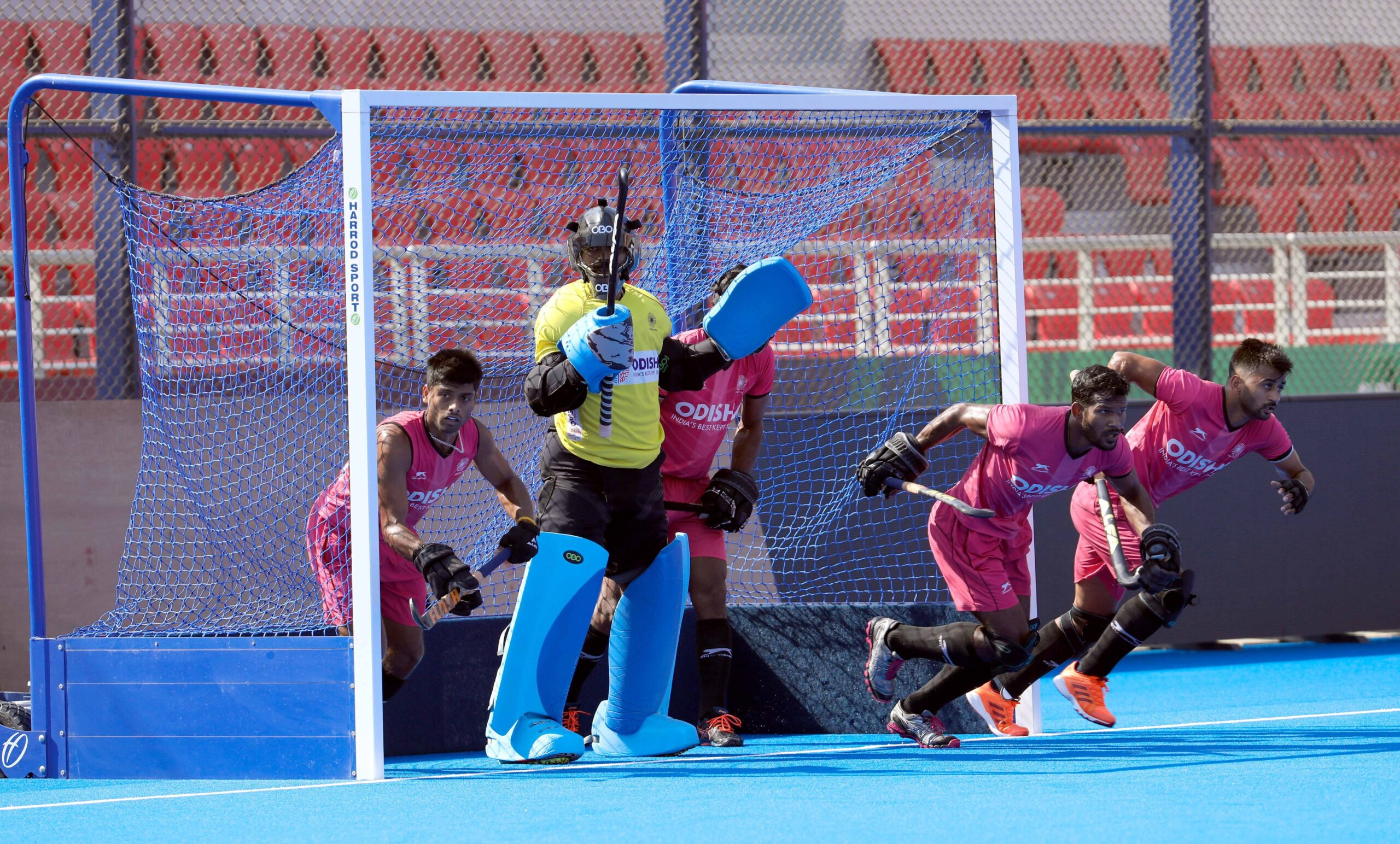 The match had turned on its head and all of a sudden the Indians held the aces. It was befitting that Rupinder Pal Singh made it 4-3 with a powerfully struck penalty stroke. We had all found our voice and the Germans were in shock at what had happened. We remember Florian Fuchs screaming in front of the team bench wildly gesticulating to his teammates to tighten up. The 3-1 lead had been squandered and within ten minutes the Germans were themselves down by two goals.
The match had turned on its head and all of a sudden the Indians held the aces. It was befitting that Rupinder Pal Singh made it 4-3 with a powerfully struck penalty stroke. We had all found our voice and the Germans were in shock at what had happened. We remember Florian Fuchs screaming in front of the team bench wildly gesticulating to his teammates to tighten up. The 3-1 lead had been squandered and within ten minutes the Germans were themselves down by two goals.
If one thinks this was enough drama for the encounter, one is badly mistaken. Fast forward to the very last minute of the match and it was a spectacle of a very different level. The Germans had pulled one back and it was a solitary goal that separated the two teams.
In hockey a one goal advantage is no comfort and it was expected that the Germans would come hard. They were bronze medallists from Rio and knew that the medal was slipping away from them. With Germany doing everything to level scores, Sreejesh was busy every second trying to keep his fortress secure. That’s when it happened. All of a sudden the match timer had stopped. Yes it did happen and still appears surreal in hindsight.
The giant scoreboard which has the match timer had suddenly stopped and the referee had not sighted it yet. Play was still on with the Indians holding on for life. For at least 15 seconds the game went on without the time getting recorded and believe it or not it was in the very last minute of the game. So in effect the Indians had played 15 extra seconds in the bronze medal encounter. And with just seven seconds remaining on the clock the Germans were awarded a penalty corner. Had the clock not malfunctioned, the penalty corner wouldn’t happen. The match in all fairness should have been over. No official said a word and in the intensity of the moment the Indians had not protested either. We were all in shock.
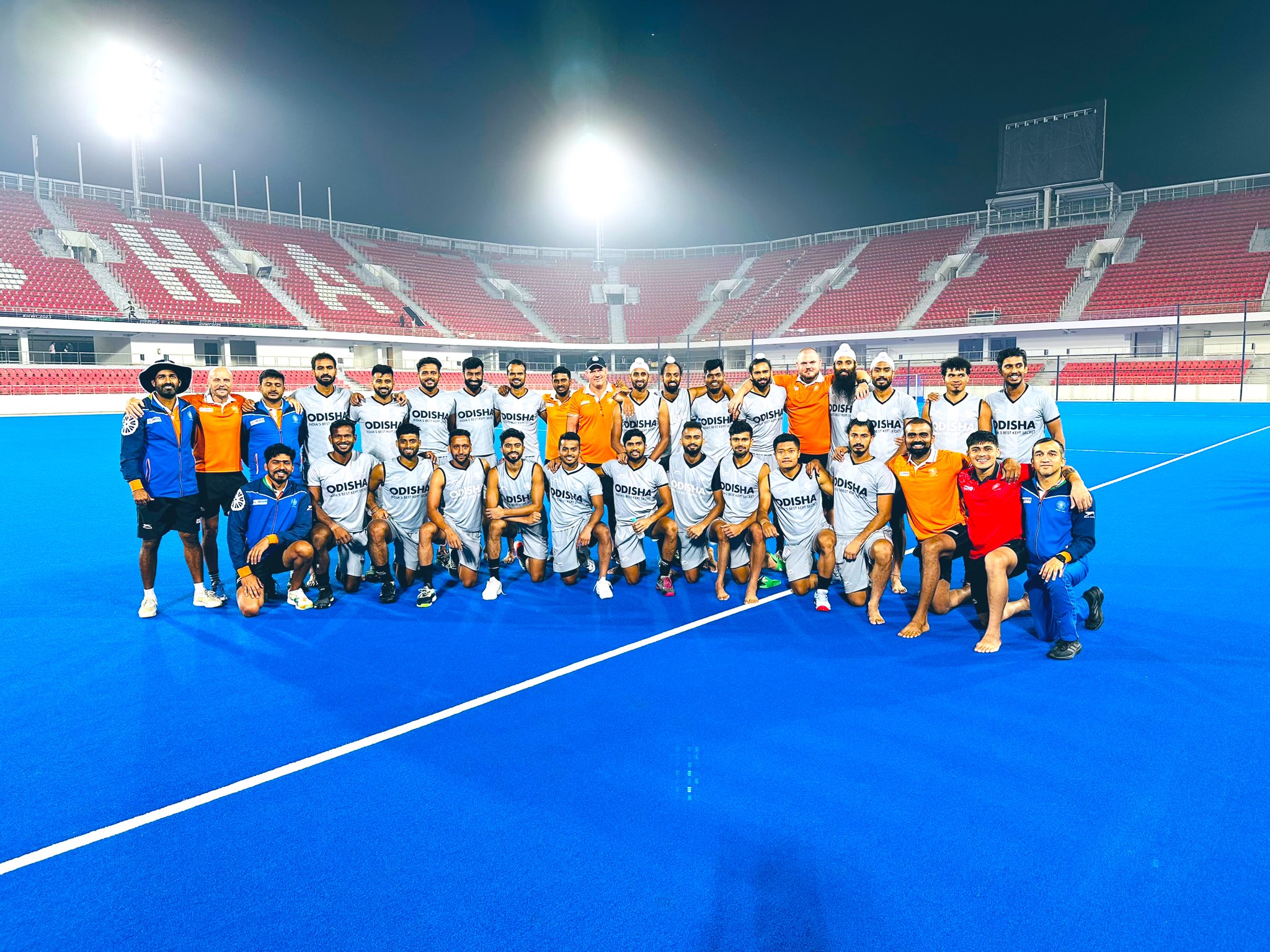
If Germany scored with just 6 seconds remaining it would be impossible for India to stage yet another fightback. All the momentum would have shifted and the Germans would go into extra time as the team with renewed purpose. That’s when all attention shifted to PR Sreejesh. For a good decade and a half he has been the symbol of solidity in front of the Indian goalpost. It was his turf and now he had the responsibility of making the most important save of his life. It was a save that could earn India an Olympic medal. Such was its enormity. Pressure? Tension? Anxiety? Let us not even go there. We were all agitated in the stands. Sreejesh, however, did not have the luxury.
If he had started to agitate over the timer, things could only go wrong for him and for India. As the Germans were lining up for the penalty corner, each one of us were shouting hoarse. And when the strike came he moved a step further and had his left hand perfectly positioned in the line of the ball. The ball was stopped on its tracks by the pad on his left hand and ricocheted to the right very close to the corner flank. As the ball was rolling over celebrations had started. The Indians knew that it was finally beyond Germany. And now the timer was working fine. Seconds were flying past and in no time the final hooter had sounded. 41 years of wait was finally over. India had beaten Germany 5-4 in the bronze medal encounter and had made it to the podium in Tokyo.
On a day the Hockey World Cup starts in Rourkela the question to ask is can the Indians do it again? Much has changed since Tokyo. Dilip Tirkey, one of the greatest players to have played for India is now the head of Hockey India. Harmanpreet Singh has taken over from Manpreet as the captain of the team. Some things, however, haven’t changed. The team is as united as they were ahead of Tokyo with each one focussed on the job at hand. Each motivated to do what was last done in 1975- win the world cup. 8 Olympic gold medals notwithstanding, Indian hockey needed Tokyo to make a statement to the world. That we are on a comeback trail and India is yet again a leading global contender.
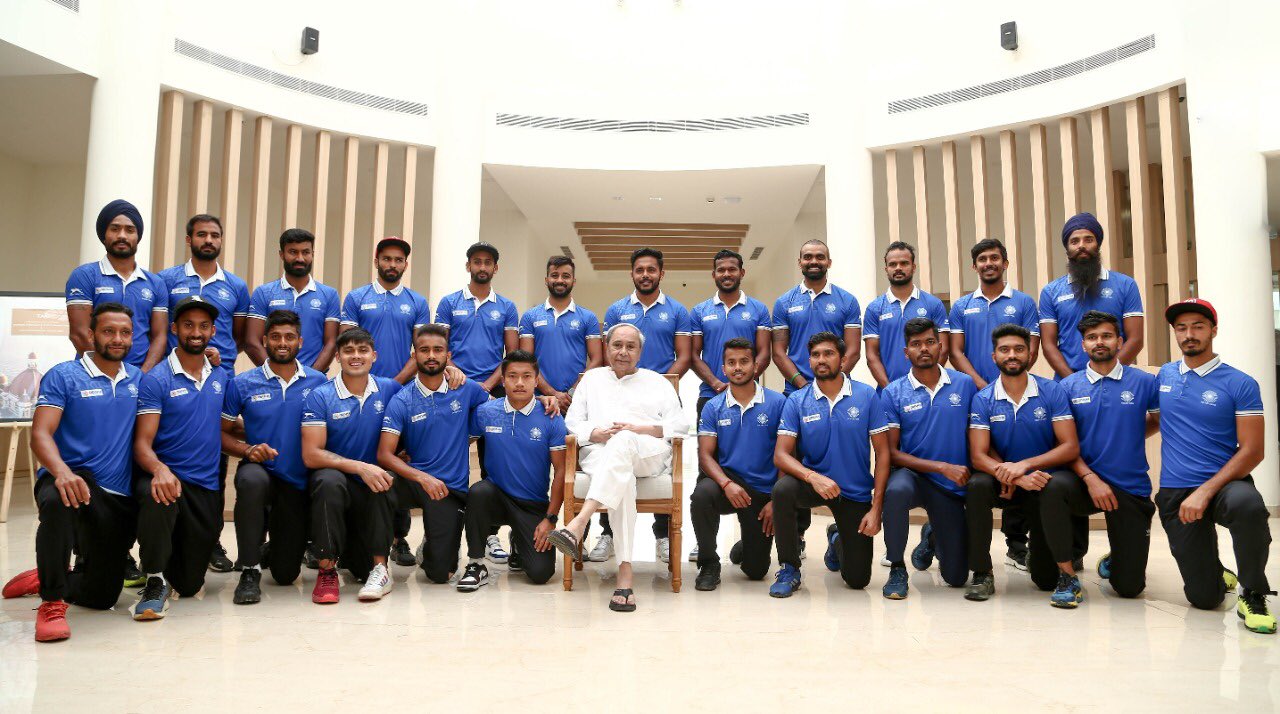
The world cup is a platform to build on the gains of Tokyo. And being played on home soil, it offers, as captain Harmanpreet says, one of the greatest opportunities to the Indian team to script history. Each one of us in the country will hope that they do and on the 29th end up on the podium in Bhubaneshwar.
https://twitter.com/RevSportz/status/1613536403572277249?s=20&t=OSSTBI5BJo1ffQSrruiaKw


